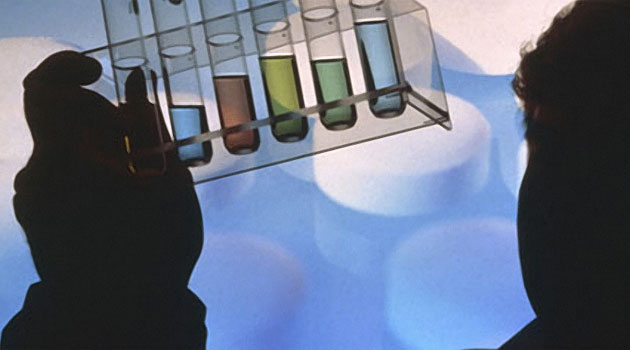Sophomore Tulsi Patel is currently investigating possible biological control agents for Chinese privet, a harmful exotic weed in Georgia, having worked in a laboratory since her first semester at college. Sophomore Sonia Talathi is conducting lung and prostate cancer treatment research, a project she was able to expand upon this past summer and design her own experiments.
Both University of Georgia undergraduates will be showcasing their research efforts at the 2007 spring symposium sponsored by UGA’s Center for Undergraduate Research Opportunities (CURO), part of the Honors Program. The symposium showcases students’ projects, artwork and performances to a larger community.
Patel, an Honors student from Acworth majoring in genetics, and Talathi, an Honors student from Atlanta with a double major in cellular biology and broadcast news, are part of an increasing number of UGA students participating in research programs directed by faculty mentors. While much of the undergraduate research at UGA is supported by CURO, the symposium is open to all students involved in research in any discipline.
“It is not enough for students to conduct research,” said Pamela Kleiber, associate director of the Honors Program. “It is critically important that research questions, methods and findings are shared. The CURO symposium offers an important opportunity for any undergraduate who is conducting faculty-guided research to expand their conversations about research and their findings beyond their own mentors and fellow researchers.”
Patel is a CURO apprentice, working in the laboratory of Scott Gold, an associate professor of plant pathology. She credits the CURO program for introducing her to the many facets of research and reinforcing her science career aspirations.
“Conducting research has helped me understand the value of science in its early stages,” said Patel, who plans to pursue a career in stem cell research. “I now understand my role in the community. Research has helped me mature from a student who just learns from others into a student who learns from others and uses the learned knowledge to make new knowledge.”
Talathi, a CURO apprentice working with Brian Cummings, an assistant professor in pharmaceutical and biomedical sciences, similarly values undergraduate research as a path to her career goals of being an oncologist and medical correspondent.
“Through CURO, I have a better understanding of biology and other sciences,” said Talathi, who presented at a conference of the Society for Toxicology in March and received a Pfizer Undergraduate Student Travel Award. “My research has made me better understand how the medicine actually works. Reading scientific papers, and writing them as well, has helped me understand where the scientific community stands, making it easier to break down their research in a way the general public can understand.”


